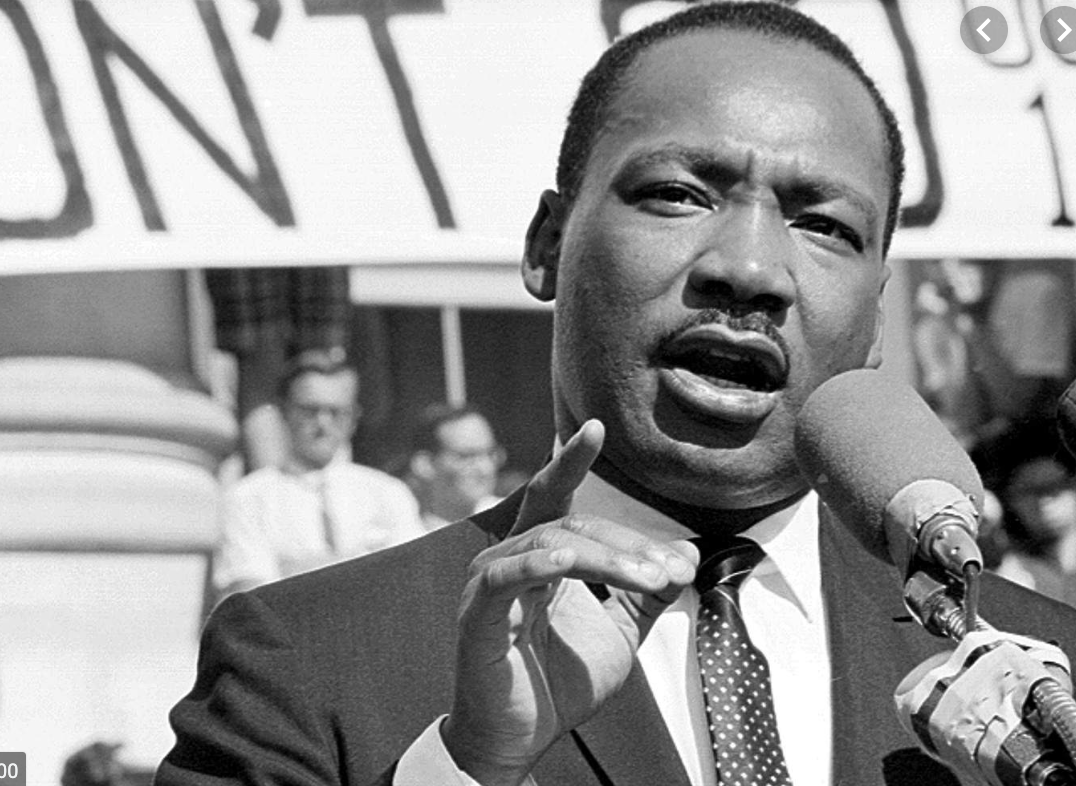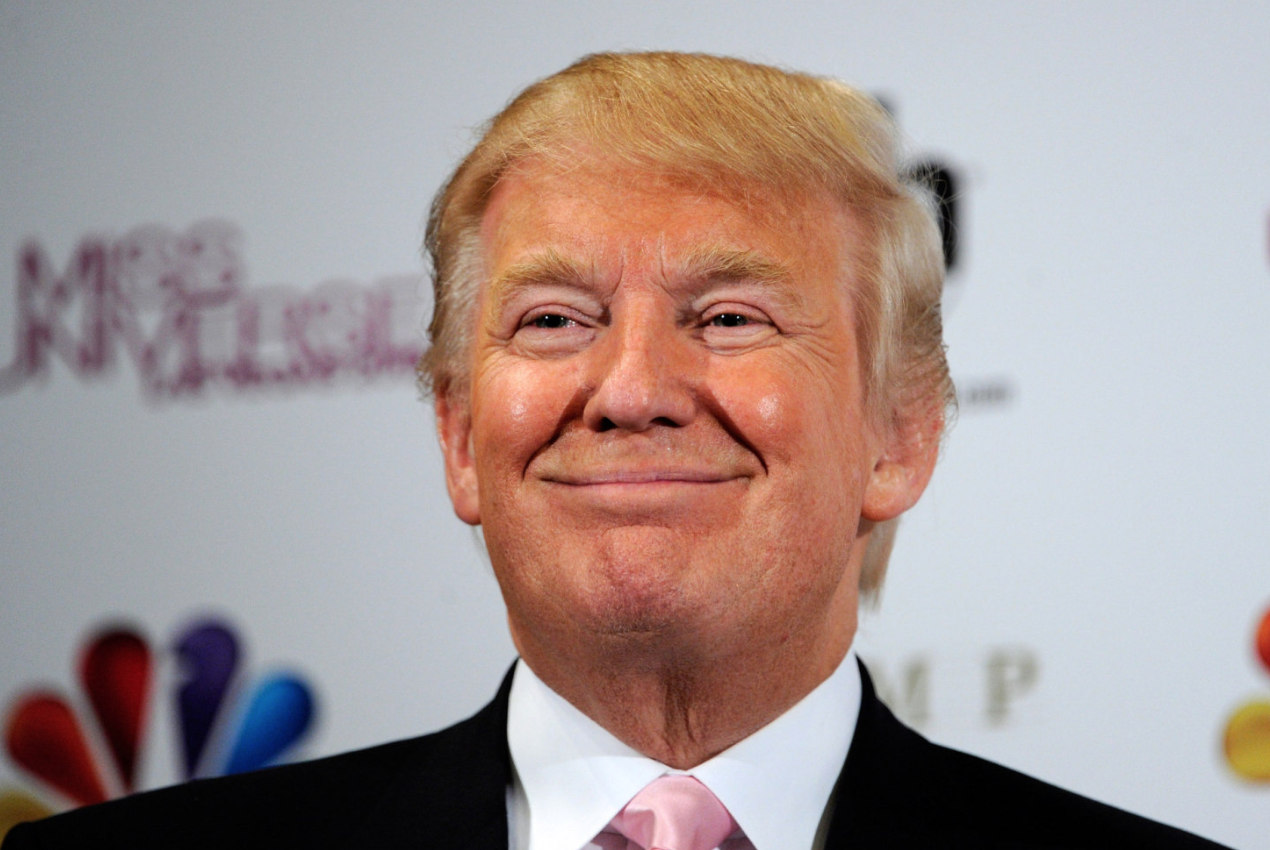The relationship between the media and politicians has always been interesting to me. I always wondered if the politicians actually pay attention to the press and it is clear that they do. Archer says that the tension between the two parties goes back to President George Washington when he thought he was being bashed by the press. It is easy to see how the press talking badly about you would cause aggravation, but I it is just part of the job. Professional athletes get talked about badly in media all of the time and most of the time most of them are able to move on from it because they know that it is what comes with the job.
I liked how Archer talked about Trump’s twitter. I find it fascinating how technology has changed the way that people are able to view news. In his findings, Archer found that Trump used twitter a lot to talk about the press and news. Most of the time, he is talking about how they are falsely reporting and “fake news.” Archer also mentions how this could be a tactic for politicians in general because it excites their followers and makes them listen to their leader more.
I am always annoyed about the way that CNN and Fox cover news. I think that there should be no biased when reporting news because their sole job is to give the public information on what is happening. Not only is their biased, but sometimes Fox won’t even report a big news event that is liberal and vice versa for CNN.
1 Comment

